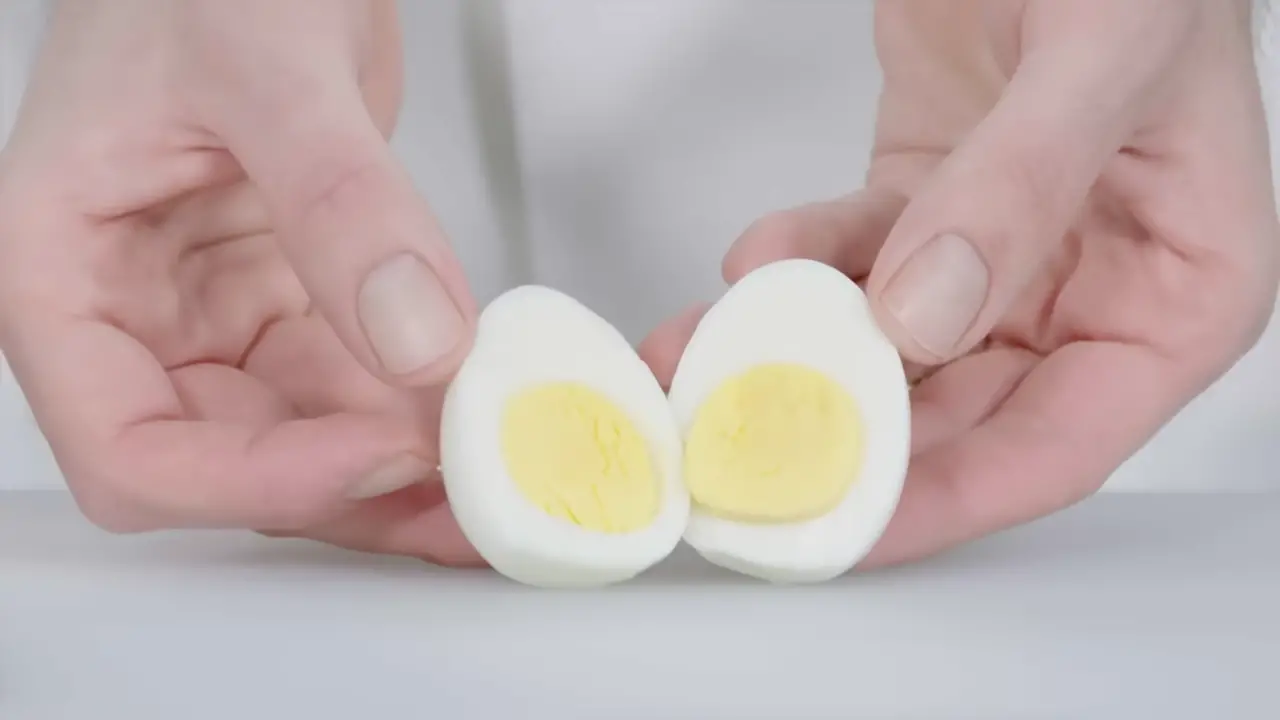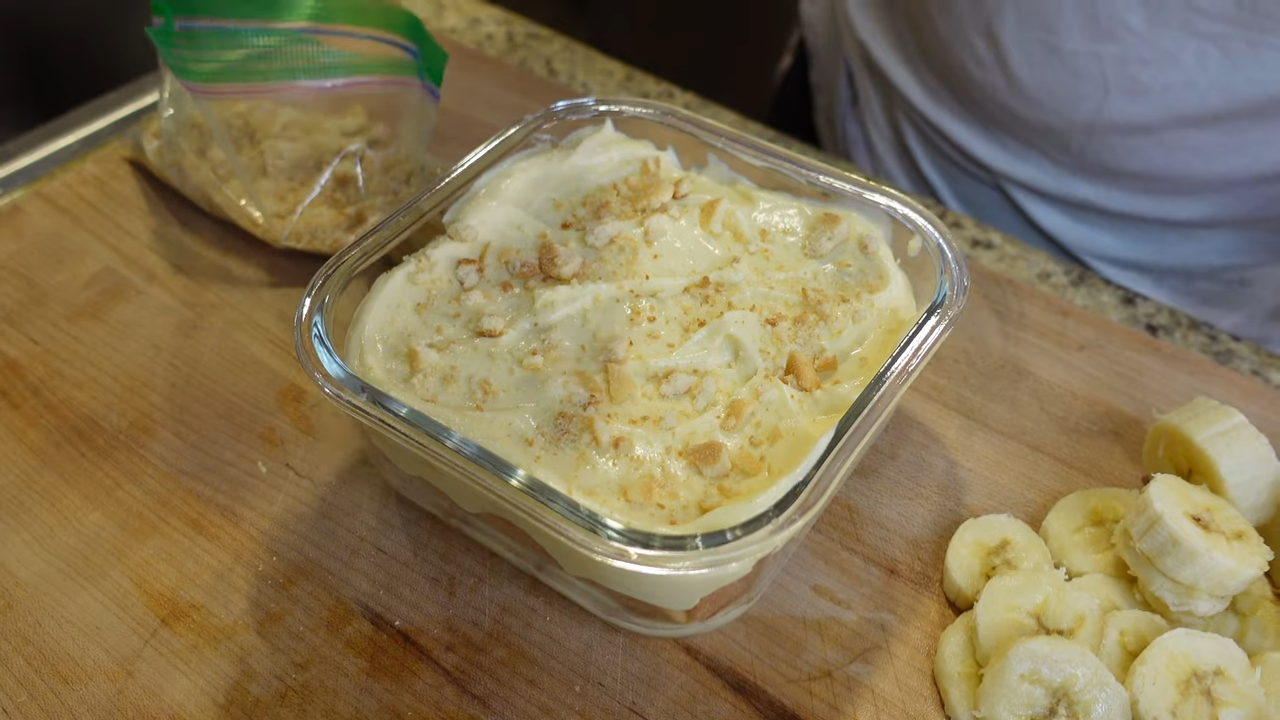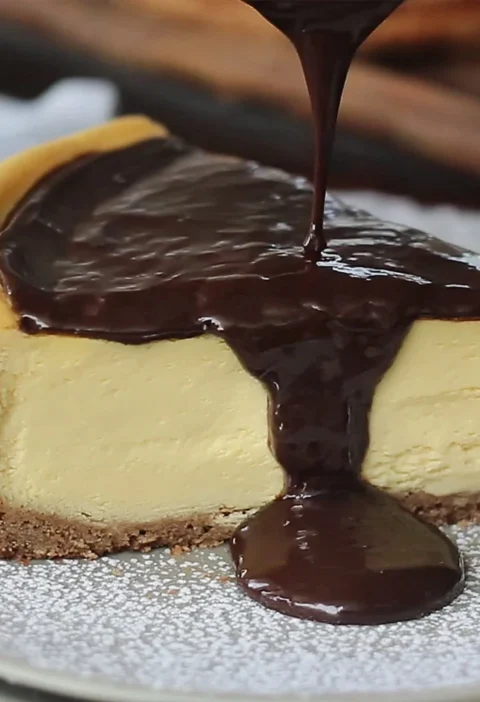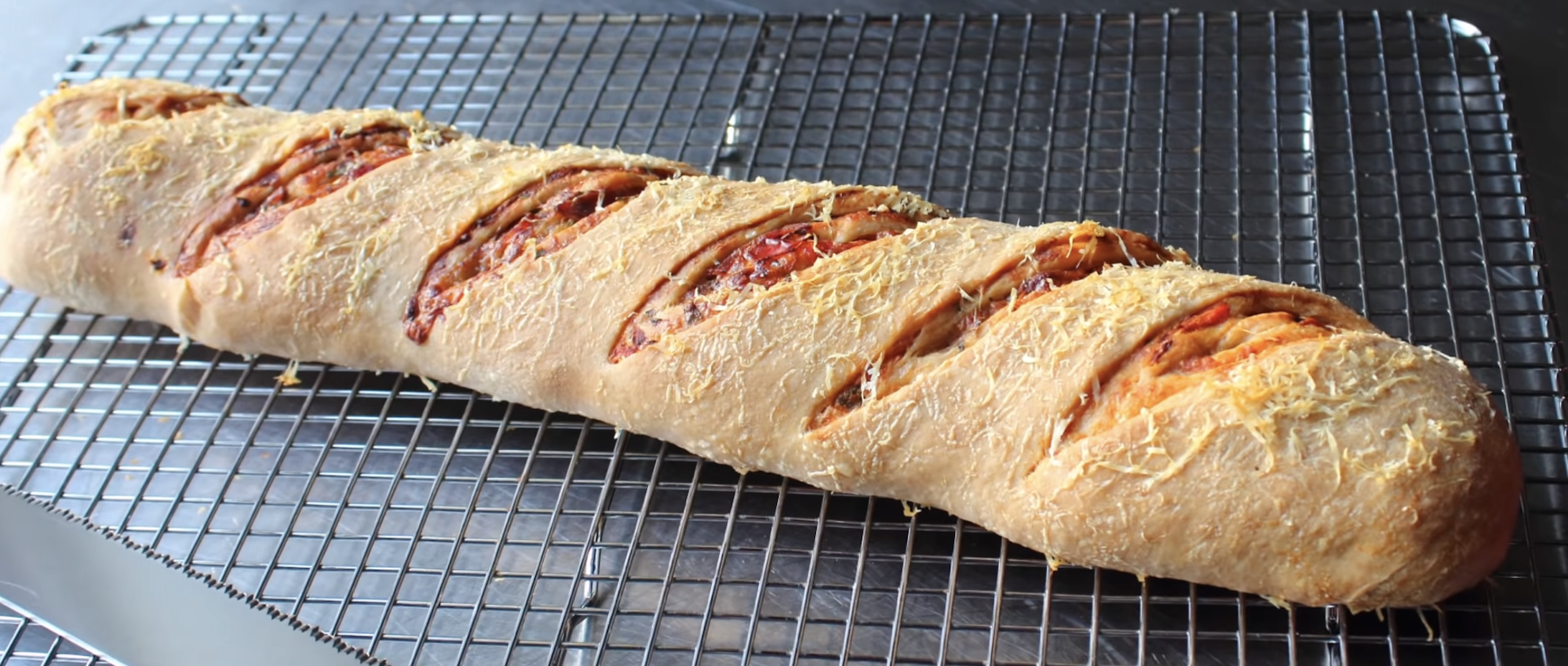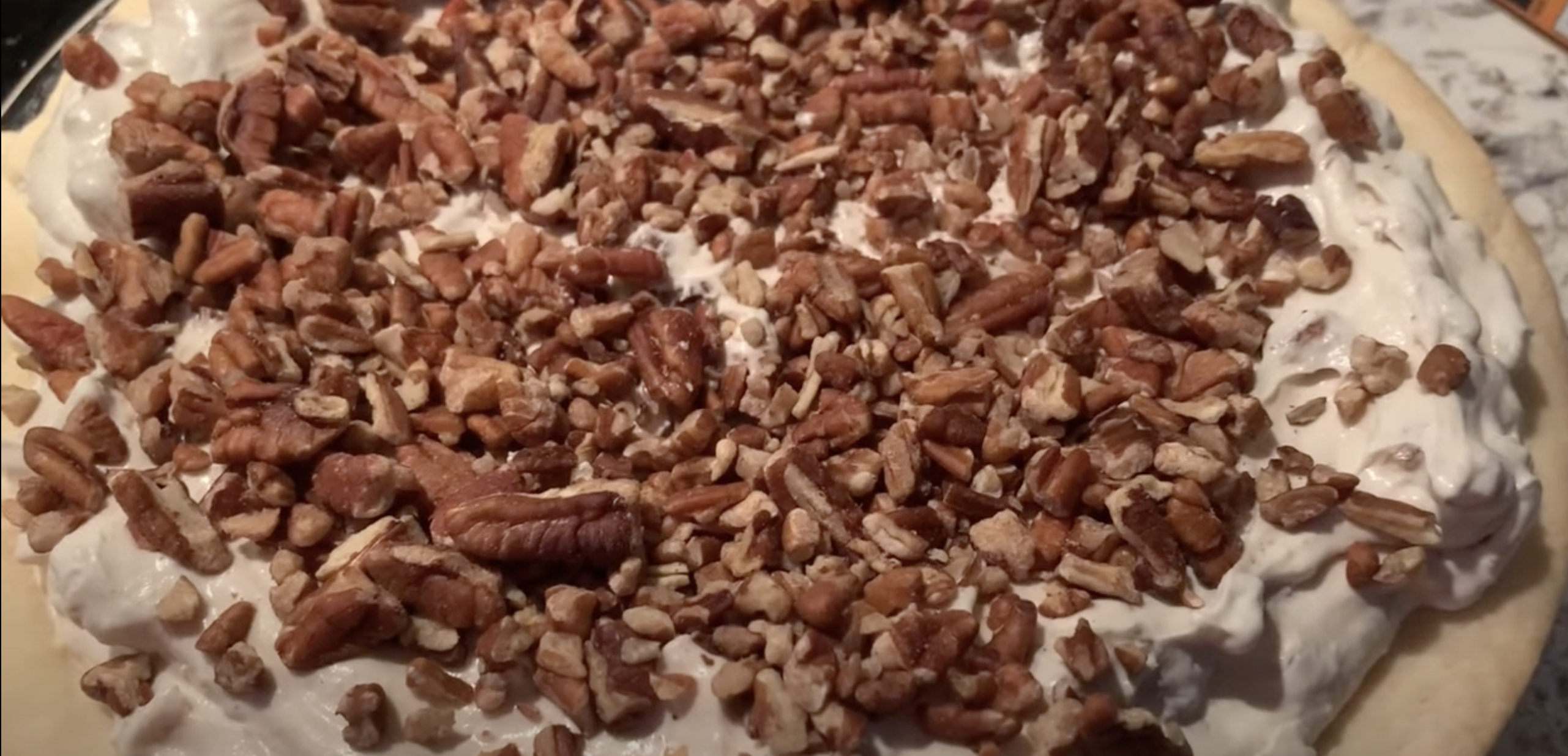Hard-boiled eggs are a versatile and nutritious food that can be enjoyed on their own, added to salads, or used in various recipes. However, achieving perfectly peeled hard-boiled eggs can be a challenge. With the right technique, you can easily peel your eggs without any hassle. This guide will walk you through the steps to make perfectly peeled hard-boiled eggs every time.
Ingredients:
- 6 large eggs
- Water
- Ice
Steps:
- Choose the Right Eggs: Use eggs that are at least a week old. Fresh eggs can be harder to peel because the pH of the white is lower, causing it to adhere more strongly to the shell membrane.
- Boil the Water: Fill a pot with enough water to cover the eggs by about an inch. Bring the water to a rolling boil over high heat.
- Prepare the Ice Bath: While the water is boiling, prepare an ice bath by filling a large bowl with ice and water. This will stop the cooking process and make the eggs easier to peel.
- Add the Eggs to Boiling Water: Gently lower the eggs into the boiling water using a slotted spoon. Reduce the heat to a gentle boil and let the eggs cook for 9-12 minutes, depending on your preferred level of doneness. For fully cooked yolks, 12 minutes is ideal.
- Shock the Eggs in Ice Bath: Once the eggs are done cooking, immediately transfer them to the ice bath. Let them sit for at least 5 minutes. This cooling process helps the eggs contract slightly inside their shells, making them easier to peel.
- Peel the Eggs: Tap the eggs gently on a hard surface to crack the shell. Roll the egg gently between your hands to loosen the shell. Start peeling from the larger end where the air pocket is usually located. The shell should come off easily in large pieces.
Variation:
To add some flavor to your hard-boiled eggs, consider the following variations:
- Seasoned Eggs: After peeling, marinate the eggs in soy sauce, tea, and spices for a few hours to create seasoned eggs, a popular snack in many Asian cuisines.
- Pickled Eggs: Soak the peeled eggs in a mixture of vinegar, water, and spices for a tangy, pickled treat. Add beet juice for a beautiful pink hue.
Tips:
- Egg Piercer: Using an egg piercer to make a small hole in the wider end of the egg before boiling can help prevent cracking and make peeling easier.
- Vinegar and Salt: Adding a teaspoon of vinegar and a pinch of salt to the boiling water can help make the eggs easier to peel and prevent cracking.
- Peeling Under Water: Peeling the eggs under running water or in a bowl of water can help remove any small pieces of shell that may stick to the egg.
Perfectly peeled hard-boiled eggs are easy to achieve with the right techniques. By following these steps, you can enjoy smooth, intact eggs without the frustration of stubborn shells. Whether you’re making a batch for meal prep, a salad, or a snack, these tips will ensure your eggs are perfectly peeled every time.
Frequently Asked Questions (FAQs):
Q: How long can I store hard-boiled eggs?
A: Hard-boiled eggs can be stored in the refrigerator for up to one week. Keep them in their shells to maintain freshness.
Q: Why do my hard-boiled eggs have a greenish ring around the yolk?
A: A greenish ring around the yolk usually indicates that the eggs have been overcooked. To avoid this, follow the recommended cooking times and immediately transfer the eggs to an ice bath after boiling.
Q: Can I use this method for soft-boiled eggs?
A: Yes, you can adjust the cooking time to achieve soft-boiled eggs. For soft-boiled eggs with a runny yolk, cook for about 6-7 minutes.
Q: What if my eggs are still hard to peel?
A: If you’re still having trouble peeling your eggs, try using older eggs, as they tend to peel more easily. Additionally, ensure you cool the eggs thoroughly in the ice bath before peeling.
Q: Can I reuse the boiling water for another batch of eggs?
A: Yes, you can reuse the boiling water for another batch of eggs, but make sure the water is brought back to a rolling boil before adding more eggs.

